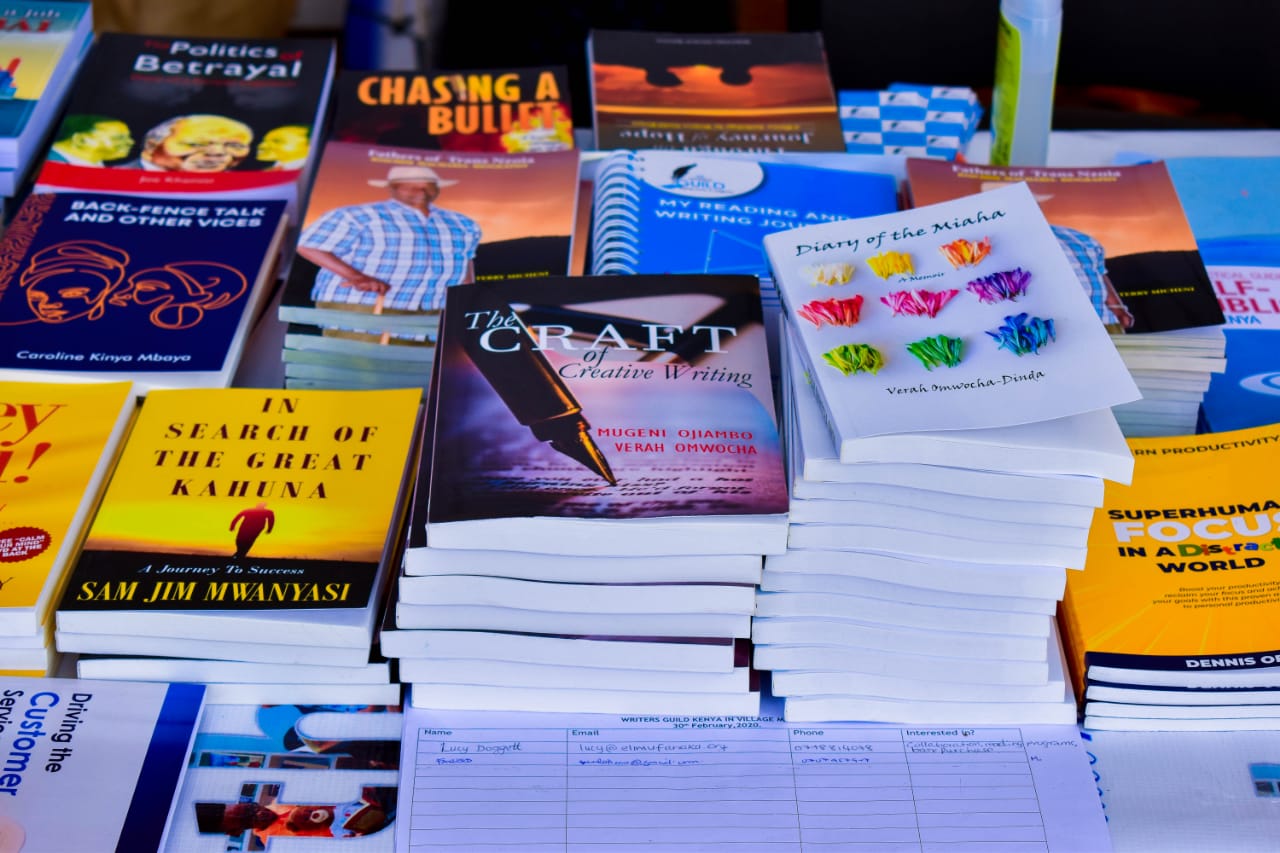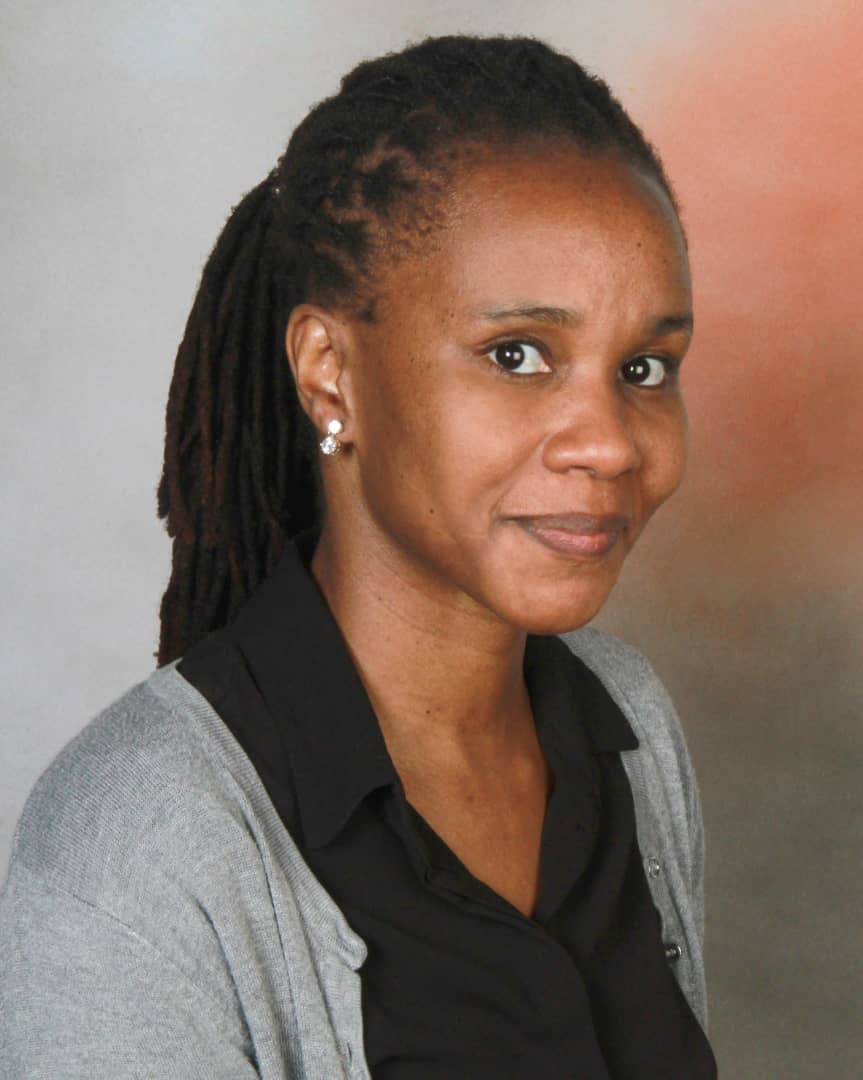By Andrew Manyuru
Cynthia Abdallah is a fantastic and candid author of several books one of which is ‘The Musunzu Tree and other stories’ which is an anthology of short stories and ‘My Six Little Fears’ that is a collection of poems.
I managed to get a few minutes of her time from her busy schedule to interview her. This was how the interview went:
When did you first realize you wanted to be a writer?
I have always known that I was an author. When I go back to my primary school days, I was one of those kids who always wrote a nice composition that was read out to the rest of the class. Also when I was younger I would do my best to make sure my compositions were read out to the rest of the kids. Basically, I had a lot of interest in the arts; specifically both word and spoken word. I would write a lot of poetry, take part in poetry competitions and debate competitions. These little things I took part in prepared me well for this part of my life that I now call the writing journey.
What is your work schedule like when you are writing a poem or a book?
When I started writing ‘My Six Little Fears’ I was still in Kenya and it was 2013. I was still a student and using my free time. Nowadays I have to find time within my schedule since I am a Language and Literature teacher. Typically my day starts at 7 am and ends at 5pm. So I find time to write during the weekends, during free lessons and also in the evenings. I’ve got it very well planned in terms of my writing schedule.
What would you say differentiates you from other authors in the same genre of writing?
If you read my poems it would take you a minute to really understand what these poems mean. There is that philosophical aspect of writing that I incorporate in all my poems, there is that element of discretion where my intention is to describe something for you and your job is to decipher what I’m trying to say. That way my readers can come up with different opinions of perspectives describing the same thing.
Where do you get your ideas and inspiration for your books?
For my poems I get my inspiration from observation especially of nature. I’m very keen on nature and seeing what the world is offering; the birds that are flying around, the trees and other elements. I feel nature has something to offer us. I also borrow heavily from my pastoral view of life that has made me who I am today. When it comes to the short stories I borrow stories that have occurred to me , my friends and those around me. I like to talk about real life situations that affect Kenyans in many ways. For example in the story ‘The Journey’ in my book ‘The Musunzu Tree’ it talks a lot about the negative aspects of land and also land disputes especially in the village setting.
What was one of the most surprising things you learned in creating your books?
Many people do not read. It is one thing to write a story and it is another thing to get people to buy into reading your stories. My big worry is how many Kenyans are out there reading books ,willing to give new writers a chance so that they can listen to new stories and voices. Another thing is how much time it takes to edit a piece of work. You cannot write something today and put it out tomorrow; sometimes it will take you 6 months or even a year to write and edit something that has a very good standard.
Do you hear from your readers in terms of suggestions and compliments?
I have received a lot of positive reviews from my Facebook page, Twitter handle and my blog. I have heard people say those stories actually resonate with me. A few weeks ago I received a review from a fellow named John who said the stories that he read from ‘The Musunzu Tree’ resonated well with him and loved how they were written. When it comes to poetry , there are poetry readers who have found poems in my book that speak to them and reached out to me with positive compliments.
What do you think makes a good story?
In my opinion what make a good story is the fact that its relatable; is it something that people can read and see themselves in the story. If people can see themselves in the story then they can relate with the story and enjoy it as well. From a writers perspective I would say craftsmanship is very important ; for people to accept your story it has to be very well written.
What do you think makes a good poem?
Poetry is very subjective. What you think makes a good poem is probably not what makes other poems good. I’ve seen people who write very good narratives and others who write good sonnets .It depends on what you enjoy as the poet. For my poems I like to talk about nature and things in very few words but laden with meaning.
Do you have any suggestions to help other upcoming writers?
Absolutely. Rule number one : start writing. Talent is one thing but getting something on the shelf is another thing. When I started writing I went to this Professor ,who had won a Pulitzer Prize in Poetry two years ago, he looked at my poems and said he doesn’t really feel what I’m writing. I then asked him to show me ways in which I can improve my craftsmanship ; and he showed me a few tips to curate my message so that it can reach a bigger audience. Therefore it’s very important to put time in and write. Number two: Be willing to share your work with people so that they can see what you have written. This will help you in seeing ideas that work and those that don’t . We all need somebody along the way to teach us new things here and there. Above all is Dedication and Discipline. When you start writing do not expect things to be clear. I have been writing for some time now and I’m still on the journey of trying to get myself out there; it will take time. It is also important to have a vision of why you want it; the vision should guide your journey.







1 thought on “Cynthia Abdallah: What it takes to be an author”
A perfect truth and reveal in all.she does.